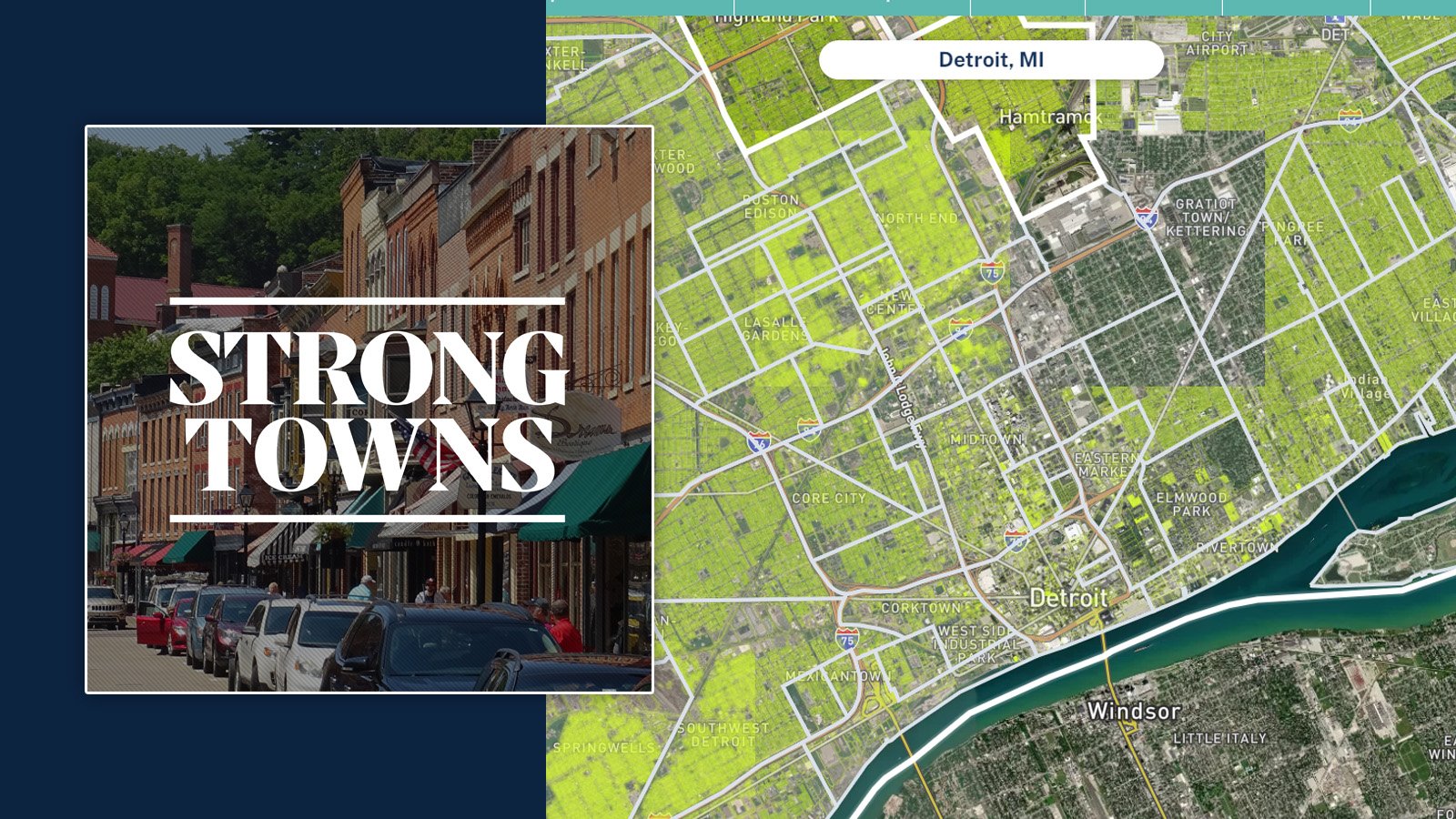It's difficult to find an accurate political label for Strong Towns. That’s because the way that we as a society talk about politics is structurally dysfunctional. A new, more nuanced way of talking about politics can help us better understand the movement — and how it unites people from all walks of life.
Read MoreAll Strong Towns members have a hero origin story — an experience that compelled them to get off the sidelines and into the game, to start making things better in their communities. Here are some of those stories. What was yours?
Read MoreHowever you feel about the results of the election, remember the power and agency you hold at the local level. Let’s keep our ideals and our vision for a better America while we simultaneously continue to do what we can to make our communities stronger.
Read MoreWhat we pay attention to shapes what we love. So, as national problems and politics take center stage, let’s remember to pay attention locally, too. It’s where we can make the biggest impact and build the most endurance for the work ahead.
Read MoreFor Asheville, North Carolina, rebuilding might mean questioning some rules and getting creative to allow for the same kind of incremental development that made the city so unique and gave it such a quirky (and productive) local economy.
Read MoreAsheville's River Arts District, North Carolina's flagship for authentic incrementalism, was destroyed by Hurricane Helene. Here's why it's so important that people continue embracing incrementalism to bring it back.
Read MoreDon't be scared off by the policy changes and wonky jargon: Incremental development is fundamentally about seeing potential in your neighborhood, about observing problems and then coming up with creative ways to address them.
Read MoreWhen analyzing car crashes and identifying ways to prevent them, local experts — residents who are familiar with the crash sites — can often identify issues and solutions that technical experts miss. Here's how technical experts and elected officials can tap into that local expertise.
Read MoreWhat percentage of property in any given jurisdiction in the U.S. is locally owned—and are the implications of those numbers? Here to talk with us about it is Alex Alsup of Regrid, which has made the only complete national parcel map.
Read MoreResidents of Chisholm, MN, have shown that you don’t need to invest a lot of time and money to bring value to your community, and to provide a space for entrepreneurship.
Read MoreWhen it comes to saving the world, there’s a limit to what top-down policies can do.
Read MoreOn this episode of the Strong Towns Podcast, we talk with author Seth Kaplan about his new book, Fragile Neighborhoods: Repairing American Society, One Zip Code at a Time.
Read MoreIt can be hard to imagine day-to-day life without a car: how would you get everywhere you need to go? Here’s how one family discovered that it is possible, and that life can still be full even when it happens closer to home.
Read MoreThese (semi-ironic) local T-shirts show: you can be proud of where you live, even if it’s not perfect. Just because there’s stuff that could be better, doesn’t mean you don’t love your place, or that it’s not worth loving.
Read MoreWhat do you do when living your ideals feels impossible?
Read MoreYou can learn a lot about a place by how easily you can do some great Christmas shopping.
Read MoreThis week, our Neighborhood Storyteller connects with a new community and its residents through exploring downtown and some local businesses.
Read MoreMany of us are keen to express the “what” that we’d like to see in the built environment, but unwilling to think rationally and clearly about the “how.”
Read MoreMany local governments have taken on a “the customer is always right” mindset, but that’s simply not the best approach, especially for decisions that should be made at the block level.
Read MoreSometimes, it’s worth it to take a step back from national news and pay attention to the things that are happening in your own community.
Read More



















